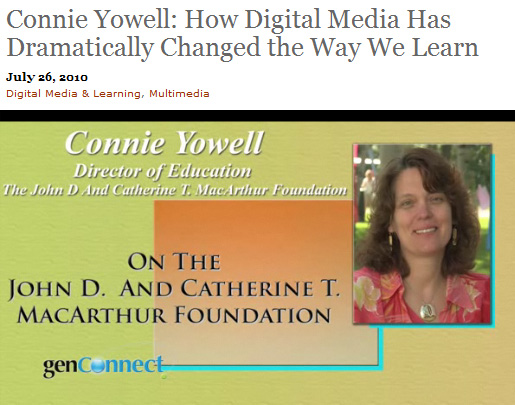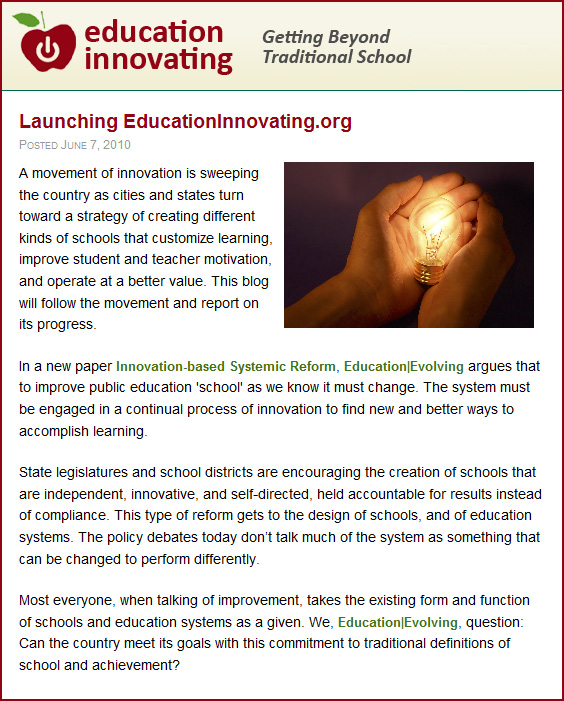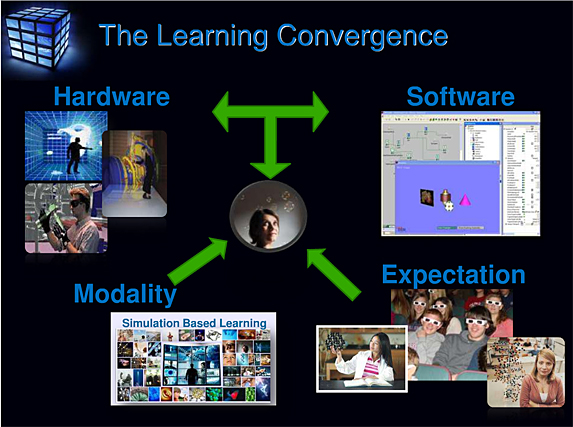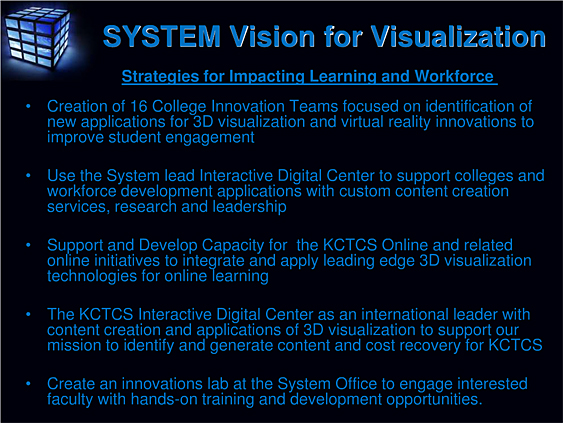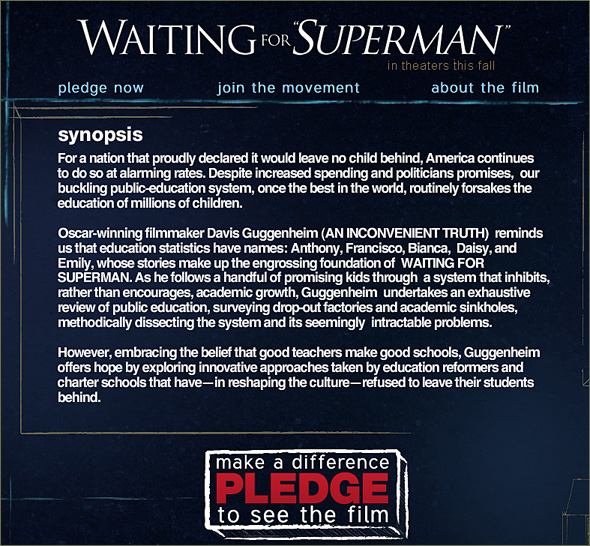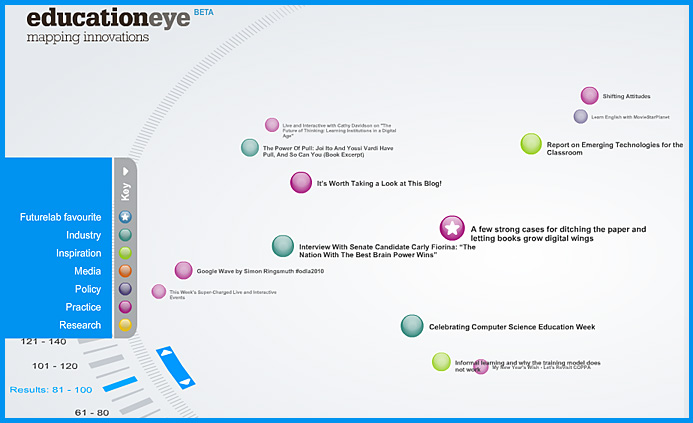What do we need? — from weblogg-ed.com by Will Richardson
So I’m asking for a little crowdsourcing feedback for a chapter I’m writing. I’m trying to frame out all the things that ideally need to be in place for an existing school to make the transition to one that provides a more relevant learning experience for kids in the context of the social online technologies that are disrupting the current model. Call it School 2.0, a 21st Centuryized School, or something else, but I’m wondering what qualities or conditions should we be working toward in order to successfully make a transition like that?
Here’s what I’ve been thinking (in no particular order in terms of the big buckets):
From DSC:
Will provides a nice list of areas/items that need addressing…and asks for further feedback here.
Inexperienced companies chase U.S. school funds — from the NY Times by Sam Dillon [via GetIdeas.org blog]
Education ‘the economic issue of our time,’ Obama says in UT speech — from statesman.com by Ralph K.M. Haurwitz
President Barack Obama said in a speech at the University of Texas this afternoon that education “is the economic issue of our time.”
Addressing a friendly and appreciative audience in Gregory Gym, the president sought to underscore the link between long-term economic prosperity and a better-educated population.
“It’s an economic issue when the unemployment rate for folks who’ve never gone to college is almost double what it is for those who have gone to college,” he said. “Education is an economic issue when nearly eight in 10 new jobs will require workforce training or a higher education by the end of this decade. Education is an economic issue when we know beyond a shadow of a doubt that countries that out-educate us today will out-compete us tomorrow.”
Obama said his administration is pursuing a three-pronged higher education strategy: making college more affordable, ensuring that college students – especially those at community colleges, the fastest-growing sector – are prepared for a career and boosting graduation rates.
U People partners with Computer Exchange to support worldwide schooling — from CampusTechnology.com by Dian Schaffhauser
An online university that offers tuition-free education is teaming up with an organization that works to make computer labs available to young people in developing countries. The University of the People will work with the World Computer Exchange with the goal of enabling qualified people without computers to become students within U People.
The Computer Exchange is a grassroots network of volunteers in 71 countries that provides logistics for finding and deploying computers, materials, and services; training partners and maintaining networks; and building partnerships between universities in rich and poor countries. The organization estimated that, currently, its partners run 2,650 computer labs. As part of the new agreement, the Exchange will promote U People to prospective students using its services.
The 3D Evolution: Part I, Introduction — from Innovative Interactivity by Tracy Boyer
I asked II multimedia education contributor Lynn Marentette to research the emergence of 3D technologies and how it might impact the educational sector. I’ve been really intrigued by this concept and how we might be able to develop interactive 3D applications for a TV console and from my conversations with Lynn, it sounds like this is a promising field that we need to closely watch. We will be cross blogging this biweekly series on here and Lynn’s blog “Interactive Multimedia Technology.” Below is her introduction to the series, which she initially published over at IMT. As always, please let us know if there is a particular issue, question, and/or concept that you would like us to tackle in this series.
I will be featuring topics related to 3D technologies in a series of future posts on the Innovative Interactivity blog. Look forward to discussions on topics related to the history of 3D in films, virtual reality, and games. I’ll also touch on the history of 3D, including films, the evolution of 3D technologies, and the role of the virtual reality and gaming fields in this development. I will also discuss how 3D technologies might impact the future of interactive multimedia, in education, in the home, and the web.









